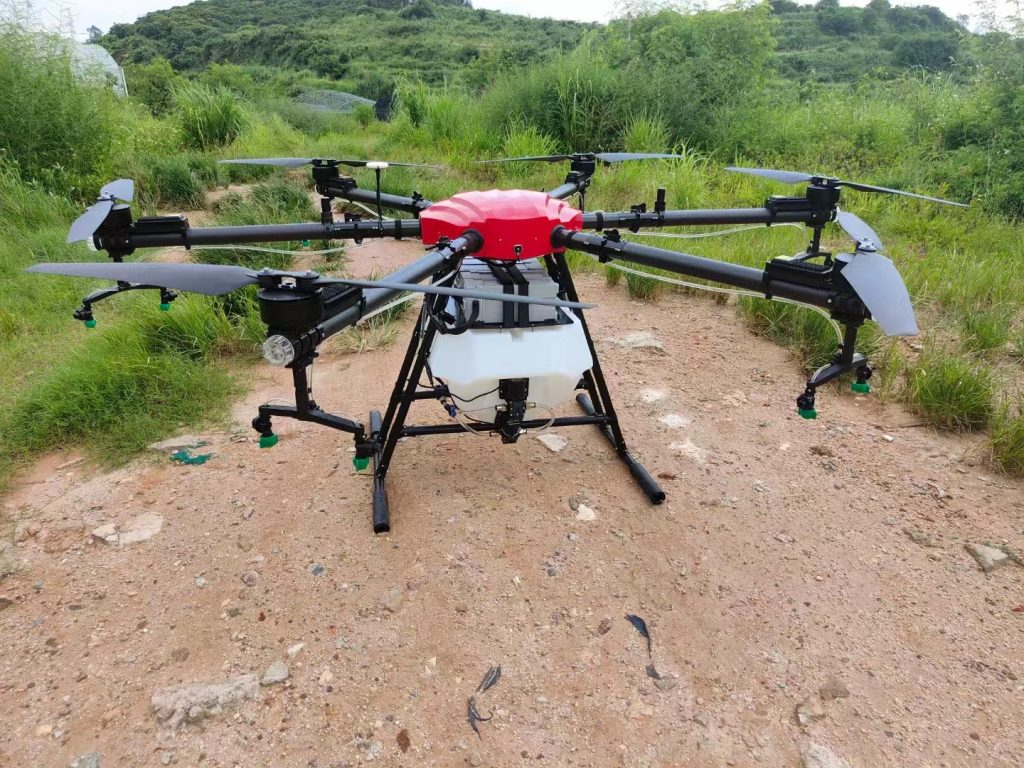Understand spray drone technology

Agriculture is one of the most critical areas for technological innovation to be effective and successful. Technological innovations can have a positive impact on the efficiency of agricultural production processes and help reduce costs while increasing yield or quality. Not only is this about producing more food at a lower cost, but it also improves the quality of life for farmers and their communities. Agricultural technology refers to any type of equipment or software used in agriculture, food production and processing. These technologies are designed to improve the efficiency, convenience, flexibility or precision of these processes. Agriculture has changed profoundly over the past 50 years as improvements in machinery have expanded the size, speed and productivity of agricultural machinery. In addition to increased yields, seeds, irrigation and fertilizers have also improved. Now, agriculture is about to undergo another revolution, and at its core will be data and connectivity. Artificial intelligence, analytics, connected sensors, and other emerging technologies have the potential to increase yields, increase the efficiency of water and other inputs, and enhance the sustainability and resilience of overall cropping. According to the McKinsey Center for Advanced Connectivity, none of this would have been possible without a reliable interconnection infrastructure. If connectivity is properly implemented, agriculture could add $500 billion to global gross domestic product by 2030, the report said. Advanced connectivity is expected to contribute $2 trillion to $3 trillion in additional GDP to the global economy over the next 10 years, and it will be one of seven areas of this contribution. The Importance of Agricultural Technology Instead of watering, fertilizing and spraying pesticides evenly across fields, farmers can now target specific areas or treat individual crops differently. Agriculture plays a key role in providing income and food for millions of people around the world. Thanks to technological advancements such as sensors, devices, machines and information technology, contemporary approaches to agriculture and farming operations are radically different from those of past decades.

没有reply内容